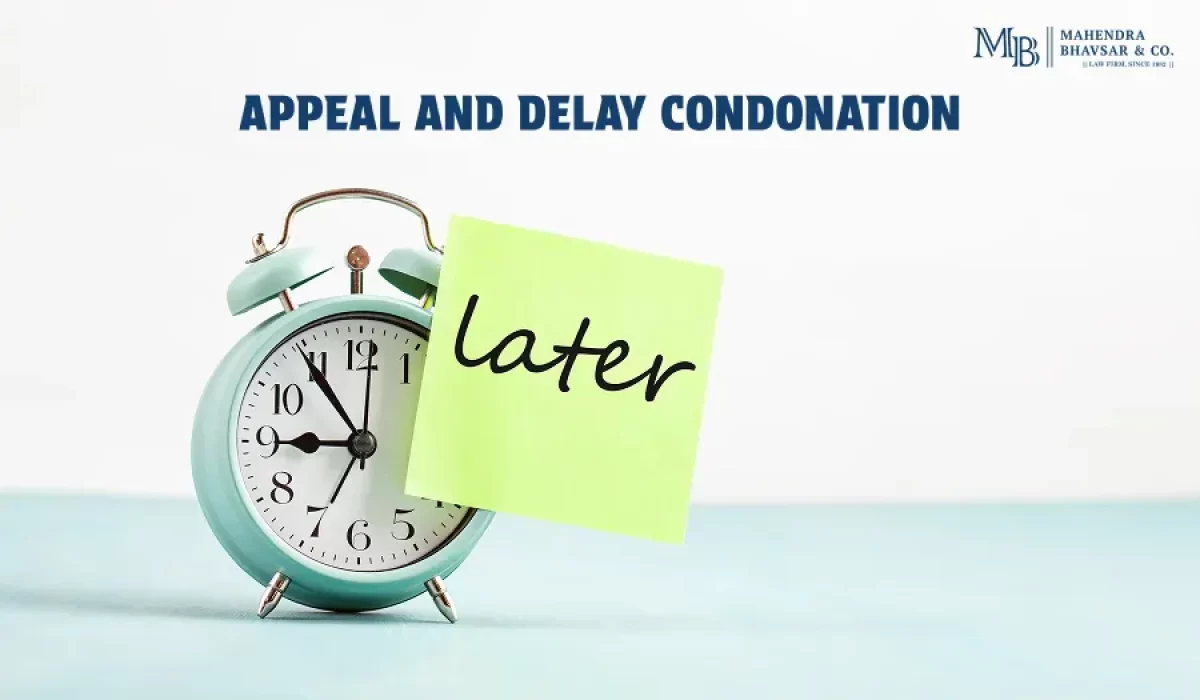Introduction
The Supreme Court’s judgment in H. Anjanappa & Ors. v. A. Prabhakar & Ors. serves as a pivotal pronouncement on two interrelated but distinct areas of civil procedure: (i) the entitlement of non-parties, particularly purchasers pendente lite, to prefer an appeal, and (ii) the standard for condonation of delay in filing such an appeal. The case also reinforces the binding effect of decisions on lis pendens transferees and the importance of Section 52 of the Transfer of Property Act, 1882.
1. Factual Background and Procedural History
The dispute centers on an Agreement of Sale dated 05.09.1995, under which Late Smt. Daisy Shanthappa (original Defendant No. 1) agreed to sell 42 acres of land in Bagalur Village, Bangalore to the plaintiffs (now appellants). The plaintiffs paid a significant portion of the consideration and secured a temporary injunction against the alienation of the property.
Despite this, Defendant No. 3 sold 4 acres to Respondents Nos. 1 & 2 during the pendency of the suit and in breach of the injunction. These respondents attempted to implead themselves but were denied by the Trial Court in 2014. That decision attained finality.
The Trial Court ultimately decreed specific performance in favor of the plaintiffs in 2016. An appeal by Defendant No. 3 was dismissed in 2017. In 2018, Respondents Nos. 1 & 2 filed an appeal, seeking condonation of a 586-day delay and leave to appeal. The High Court granted both. Aggrieved, the plaintiffs approached the Supreme Court.
2. Identification of Legal Issues
The Supreme Court addressed two central legal issues:
i. Whether the High Court erred in condoning the delay of 586 days in filing the appeal by the subsequent purchasers.
ii. Whether Respondents Nos. 1 & 2, being purchasers pendente lite and non-parties to the suit, were entitled to be granted leave to appeal against the decree of specific performance.
3. Arguments of the Parties
Appellants (Plaintiffs)
- Asserted that Respondents 1 & 2 purchased the property in clear violation of a subsisting injunction and Section 52 of the Transfer of Property Act.
- Emphasized that their application for impleadment was rejected and not appealed, hence attaining finality.
- Argued there was no justification for the inordinate delay and that the purchasers had full knowledge of the litigation.
Respondents 1 & 2 (Subsequent Purchasers)
- Claimed bona fide purchaser status, unaware of full proceedings due to reliance on their vendor (Defendant No. 3).
- Alleged collusion between the plaintiffs and Defendant No. 3, especially due to the latter’s non-participation in trial and subsequent withdrawal of appeal.
- Sought to invoke Sections 5 and 17 of the Limitation Act for condonation and relied on Section 146 CPC as persons claiming under a party to the suit.
4. Court’s Analysis and Reasoning
On Delay Condonation
The Court held that the High Court erred egregiously in condoning the delay, citing the absence of “sufficient cause” under Section 5 of the Limitation Act. The Court stressed that the Respondents were not vigilant and offered no compelling explanation.
On Leave to Appeal
While reaffirming that non-parties can seek leave to appeal if prejudiced by a decree, the Court ruled that this is not an automatic right. The key findings include:
- Rejection of Impleadment Not a Bar to Appeal: A rejected impleadment does not preclude a subsequent appeal with leave.
- Person Aggrieved Doctrine: Only someone directly and substantially affected by the decree may seek leave. Mere remote or indirect prejudice is insufficient.
- Pendente Lite Transfers: These are valid inter se but subservient to the suit’s outcome and do not automatically grant appeal rights.
- Section 146 CPC & Order XXII Rule 10: The Court acknowledged these as enabling provisions but held their application is discretionary.
- Finality of Prior Orders: As the impleadment order was unchallenged, it attained finality and weakened the Respondents’ case for leave.
- Public Policy and Judicial Discipline: The Court emphasized preventing abuse of process, multiplicity of proceedings, and upholding respect for injunctions.
In distinguishing earlier case law (e.g., Saila Bala Dassi, Thomson Press), the Court noted that the transferee’s equities are subservient to the plaintiff’s rights already established through decree.
5. Final Conclusion and Holding
The Supreme Court allowed the appeals, setting aside the High Court’s order. It held that the Respondents 1 & 2 were not entitled to condonation of delay nor leave to appeal. However, it clarified that these respondents are free to pursue civil remedies against their vendor if they believe they were defrauded.
FAQs:
1. Can a non-party to a suit file an appeal against a judgment?
Yes, but only with leave of the appellate court. The person must show they are directly aggrieved or prejudicially affected by the judgment.
2. What is a lis pendens purchaser?
A lis pendens purchaser is someone who buys property that is the subject of a pending lawsuit. Their rights are subordinate to the final outcome of the litigation.
3. What is Section 52 of the Transfer of Property Act?
Section 52 prevents parties from transferring immovable property during litigation to ensure that the court’s eventual decision is not defeated by third-party transfers.
4. Is condonation of delay automatic for senior citizens or NRIs?
No. Condonation of delay requires “sufficient cause” regardless of age or residence. Courts examine each case on its merits and evidence.
5. Does rejection of an impleadment application bar future appeals?
Not automatically. While rejection does not per se bar an appeal, it weakens the claim for leave unless the applicant can show significant prejudice or legal interest in the outcome.
Stay informed with insights that matter. Follow us for more updates on key legal developments.
Disclaimer
The content provided here is for general information only; it does not constitute legal advice. Reading them does not create a lawyer-client relationship, and Mahendra Bhavsar & Co. disclaims all liability for actions taken or omitted based on this content. Always obtain advice from qualified counsel for your specific circumstances. © Mahendra Bhavsar & Co.
